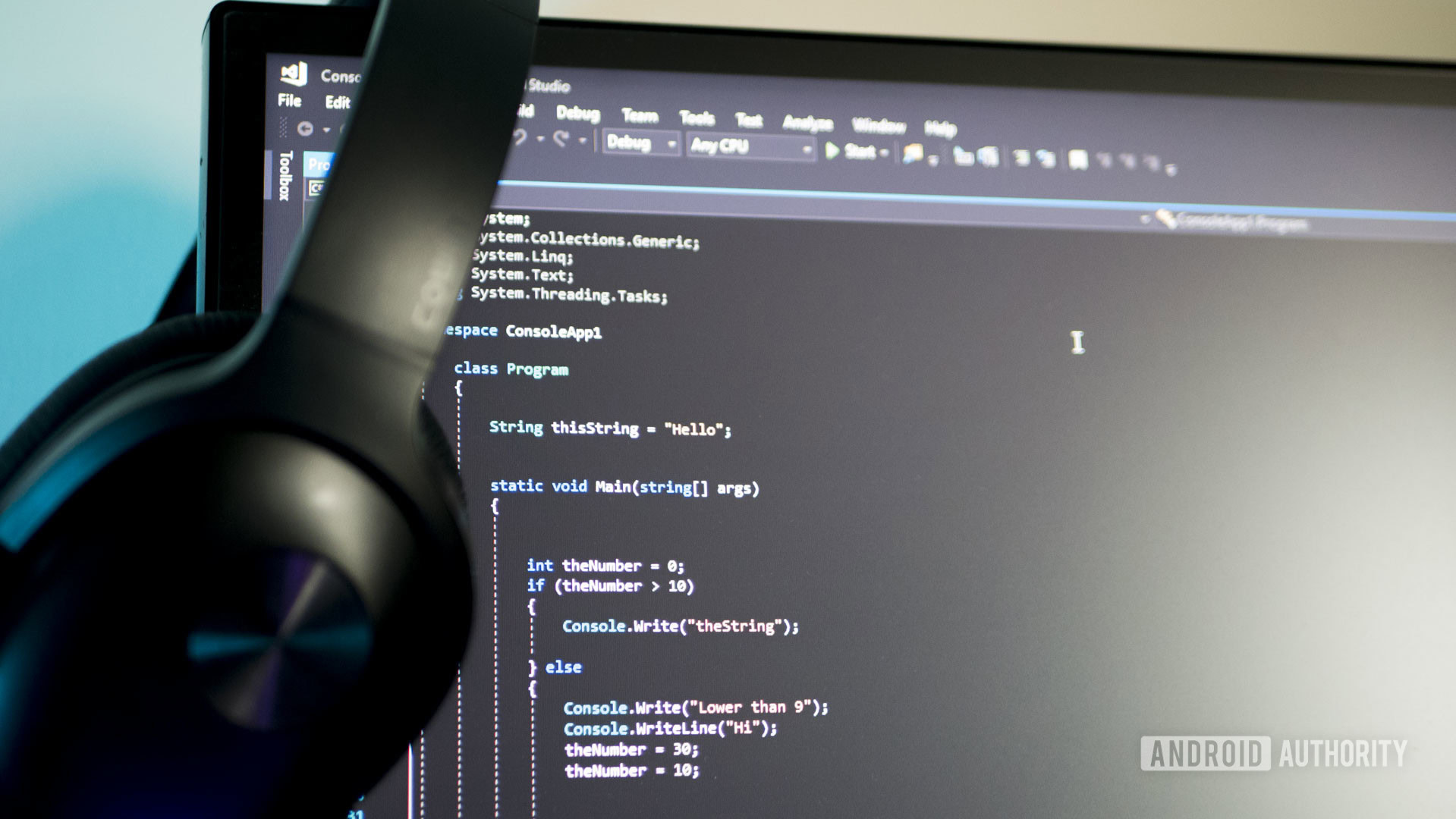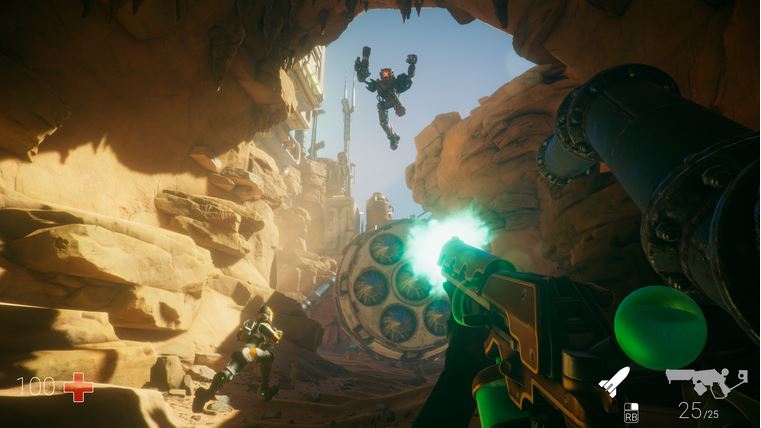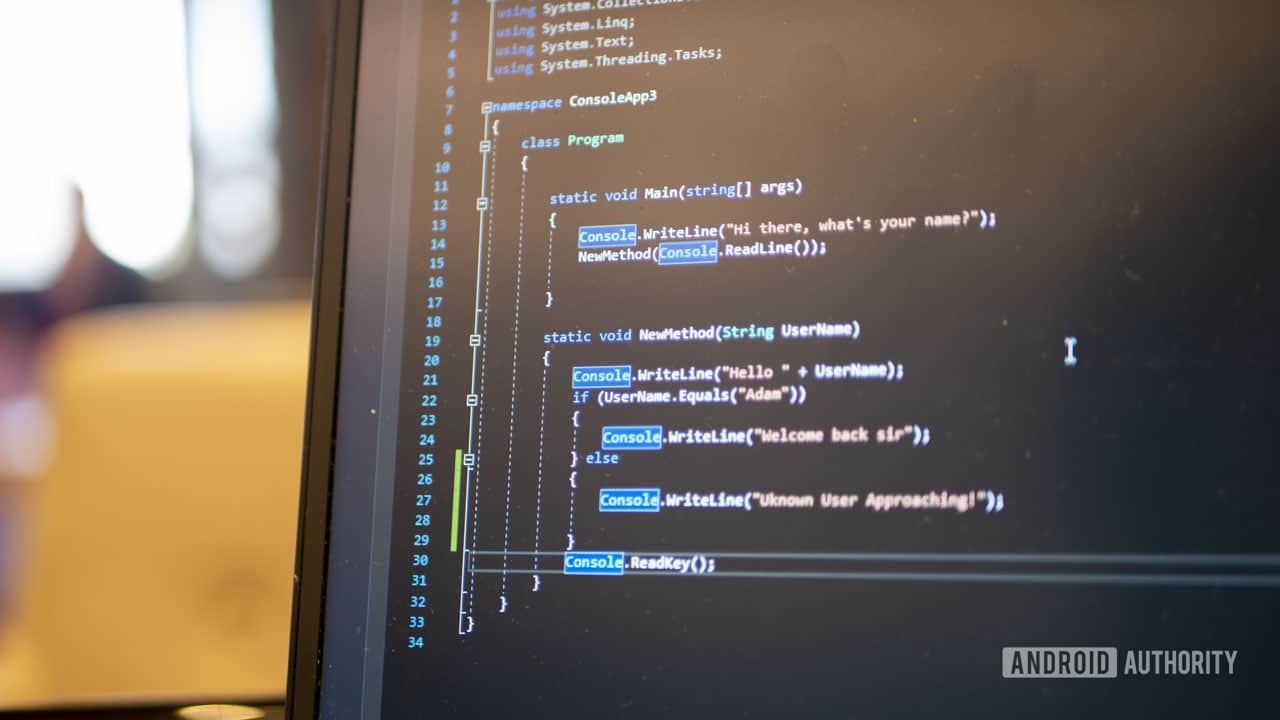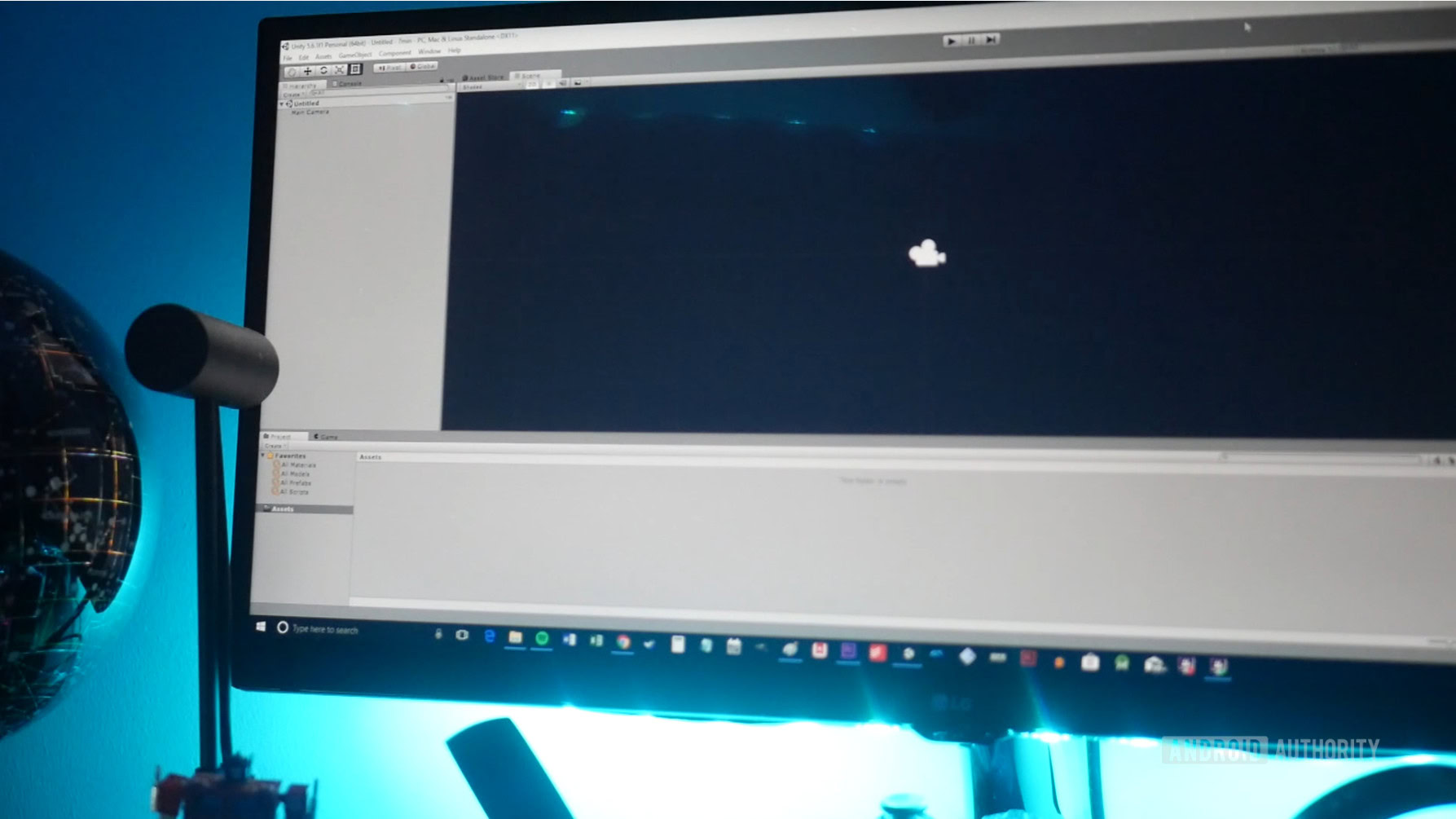Affiliate links on Android Authority may earn us a commission. Learn more.
Unity certification for developers: Is it worth it?

Unity Certification can potentially help you to land your dream job as a games developer. These are certifications awarded directly from Unity that are well-recognized within the industry. But are they good value? Are they the best certifications for budding games developers? And how do you get started?
Read also: How to work as a software developer online
What is Unity Certification?

Unity is a multi-platform game engine and IDE that makes it much simpler to build high quality games. It’s also a popular industry standard, meaning that there are lots of jobs for Unity developers. Whereas Unreal Engine tends to be slightly more popular for developing AAA titles for PC and consoles, Unity is particularly well suited to creating mobile games and 2D indie titles. Unity is the number one game development tool used across the Google Play Store.
Unity Developer was ranked #7 on LinkedIn’s list of Top 20 Emerging Jobs in 2017
Part of the appeal of Unity is that it is free to download and use, and actually extremely easy to get to grips with. While a little C# programming is required, you can actually build a simple game with relatively little coding knowledge.
But being a Unity developer and being employed/hired to work on big, well-paid projects are two different things. With it being so easy these days to market yourself as a developer online through platforms like LinkedIn, it can be hard to stand out from the crowd. That’s why you need to take it upon yourself to build up your CV by adding skills and qualifications – to demonstrate the expertise you claim to possess. Unity Certification might just be a good choice to this end.
Read also: How to use LinkedIn and land your dream job!
Unity Certification is intended to demonstrate to potential employers/clients that you meet a certain level of skill and expertise as a Unity developer. However, rather than gaining a single certification as a “Unity developer,” you’ll instead take individual tests for a range of specific skills within that broad category.
Here are the main certifications currently available:
- Unity Certified Programmer
- Unity Certified 3D Artist
- Unity Certified Expert Gameplay Programmer
- Unity Certified Expert Technical Artist: Rigging & Animation
- Unity Certified Expert Technical Artist: Shading & Effects
Expert certificates are aimed at experienced professionals, whereas the Certified Programmer and Certified 3D Artist are intended for mid-level professionals.
Read also: Best online business courses to supercharge your career
It is also possible to become a Unity Certified Associate which is a more general certification positioned as an entry-level option. Another certificate titled Unity Certified User: Programmer is also available for schools, colleges, and universities.
Each of these certifications are the result of collaboration between Unity and “subject matter experts.”
Examination costs and requirements

To become a certified Unity developer, you will need to sit an exam at one of the 5,200 Pearson Vue Testing Centers located globally. The exams consist of 40-100 questions, last 90-165 minutes, and require a passing grade of 70%. It is recommended that you arrive 15 minutes early.
You can find a full FAQ here.
The Unity Certification exams and course materials (called Courseware) must be purchased separately and neither is cheap. To take an exam you’ll need to purchase a Unity Certification Voucher which can cost anywhere from $150 to $349 depending on the level of certificate and your location (these prices are also subject to change).
If you fail the test, you will need to retake it, which you will need to pay for separately. If you want to take a practice test (available for Unity Certified Programmer and Unity Certified Expert Gameplay Programmer) then these will cost you over $100.
Read also: How to find work as an Android developer
Another consideration is that Unity Certification is only valid for 2 years, after which you will need to retake the test. On one level, this is understandable given the ever changing nature of Unity. On the other hand, it means that it will cost you roughly $50-$200 per year to remain a certified Unity Developer. That is a steep cost to pay, and that is before you even consider the cost of transport.
Unity Certification course materials

Further compounding the matter is the fact that the courseware is even more expensive. At the time of writing, a U.S. resident will pay $480 dollars for the Unity Certified Expert Gameplay Programmer course!
According to one blogger who tried the courseware themselves, the materials take over a month to work through and the experience is a little rough around the edges. That said, this was a few years ago.
You do have the option to study independently before taking the exam. There are many alternative courses available from the likes of Udemy for instance, such as The Ultimate Guide to Game Development with Unity 2019.
Better yet, we found this FREE Unity Certified Programmer Exam Preparation Specialization course over at Coursera. You’re welcome!
Read also: Build your first basic Android game in just 7 minutes (with Unity)
Of course though, by foregoing the official exam materials you risk missing crucial information you’ll need for the test. If you have the money, then it’s recommended that you fork out for the official guide.
Is Unity Certification worth it for a Unity developer?
So, that’s Unity Certification in a nutshell. But is it worth it?
That’s a more complex question to answer, and as usual I’m going to cop out by saying that it depends on the type of developer you are.
It will cost you roughly $50-$200 per year to remain a certified Unity Developer
It is certainly true that Unity Certification will look good on your resume. As one Reddit user, Demaun, put it:
It’s certainly a boon to your resume, if it’s a bit thin. It’s designed to be a simple way to certify that a candidate is qualified for at least an entry-level job using Unity. Like LitchiSzu said, though, it could easily be replaced by actual projects, although that will not be as concise on a resume.
This is a fair statement. If you are a self-taught Unity developer and you just need something recognized to put on your LinkedIn, then Unity Certification is a good place to start. It’s recognized, it’s official, and it’s specific to the kind of work you’re looking for.
But it’s also only one option, and it won’t be right for everyone.
Alternatives to Unity Certification
Unity itself is relatively simple to learn, and so I would hazard that for long-term job roles, any kind of C# qualification or certification will be just as useful (and likely less expensive) and more so if it’s degree level.
You could take this Introduction to C# from Microsoft and only pay a small amount for the certificate at the end.
Likewise, if you can demonstrate any previous experience – if you’ve worked for another company, or developed a successful game of your own – then this will be just as useful for finding work. Spend some time tinkering and building your own indie games, and take part in hackathons. If you can show something impressive that you built from scratch, this will be enough to land you a lot of jobs.

If you’re more interested in learning to become a Unity developer, then this certainly is not the most cost effective route. In that case, you would do far better to simply get started with a few simple projects, or to take a more structured course such as the aforementioned The Ultimate Guide to Game Development with Unity 2019.
In short, Unity Certification is a well-recognized qualification, but owing to the costs, it won’t be worth it for every kind of Unity developer. Start by teaching yourself the ropes and building some apps, then go from there.